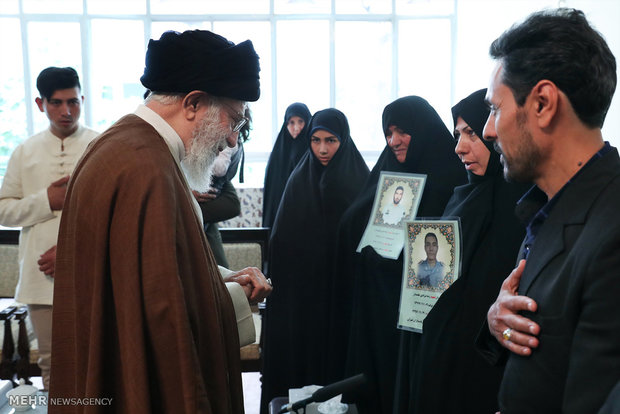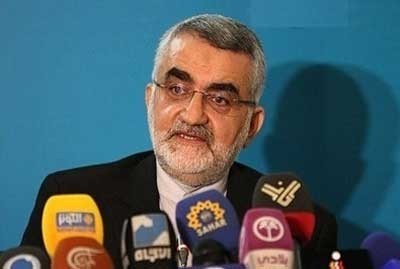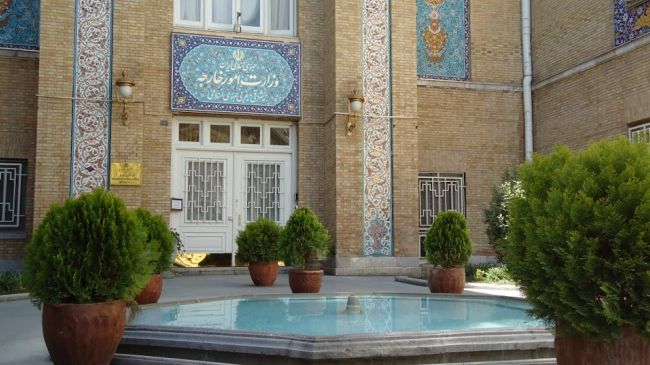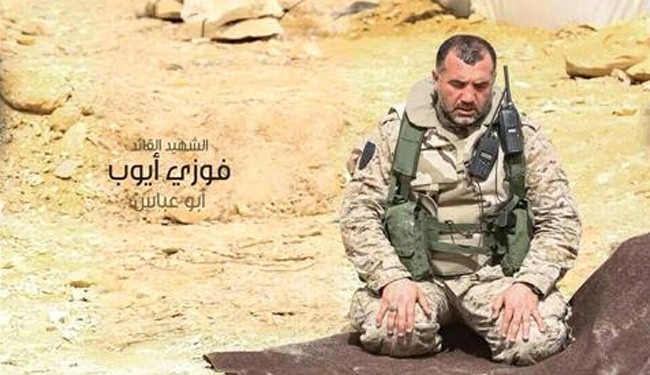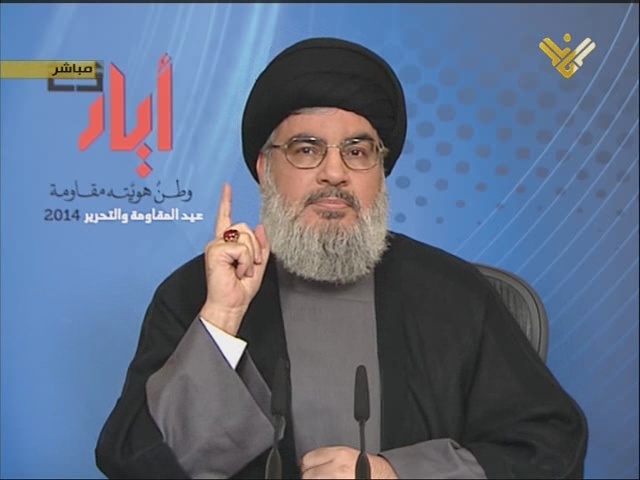Homs Agreement, an Achievement for Int’l Organizations
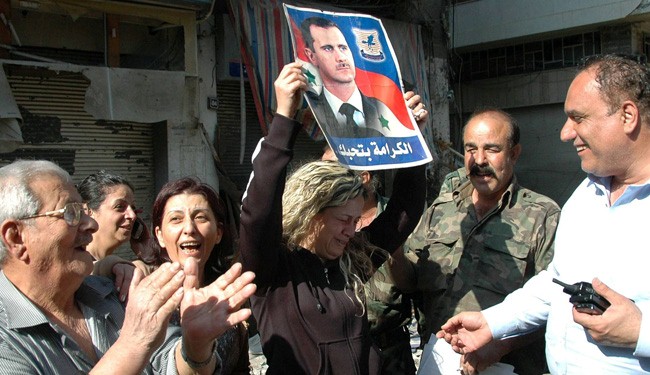
 John Kerry, the US secretary of state expressed concern over the Old Homs in his recent meeting with Lakhzar Ibrahimi, the UN representative in Syria (before his recent resignation).
John Kerry, the US secretary of state expressed concern over the Old Homs in his recent meeting with Lakhzar Ibrahimi, the UN representative in Syria (before his recent resignation).
Kerry’s forecast was that Homs would fall into the hands of the Syrian army should the conditions continue as before. He asked all concerned parties in Syria to get involved in order to reach a ceasefire agreement between the opposition and the government.
International organizations, after holding several (so-called) Friends of Syria conferences in the past years and the Geneva II talks, were seriously engaged in the recent agreement. It led to the signing of a “Homs ceasefire” between rebel groups and the government, easing the tense situation in the city, parts of which suffered under severe food and medicine shortages since they were trapped by rebel forces for more than two years. Performance of the Syrian opposition in the past three years emphasizes the need for international organizations to engage in bringing the peace back to the country. Acts of extreme violence by these groups such as mutilation of dead victims, recruitment of teenage soldiers and other violations of human rights cause alarm.
Opposition (militant) groups initially aimed at overthrowing the government of Bashar Assad, but in the course of their struggle and against their initial intentions they proclaimed fundamentalist mottos and a replay of crusades. Kidnapping of nuns, tearing down Christian mouments such as tombs of disciples of the Christ and invading Christian cities like Malola make one wonder whether their real objective still is overthrowing the Assad government.
Syria, considered by some political analysts as the gate to Europe, faces crisis and civil war. None of the parties to this war is ready for less than its positions. There is another perspective to its importance for Europe i.e. presence of fundamentalist extremist groups at the borders to Europe. Some members of these groups are nationals from the European countries such as Germany, Austria or Netherlands and fight against the Syrian government as militants. They can threaten the security of Europe…
Homs agreement provides the basis for the international organizations to bring closer the positions of the fighting parties in Syria. It can set an example for a democratic process in the country. To relax the crisis in Syria reforms, including in the constitution can be negotiated with the government and pressurize the terrorist groups on the other hand. To reach peace and calm in Syria certain concrete measures such as the process that led to Homs agreement need to be taken into account by the involved parties:
European Union should ask Saudi Arabia, Qatar and Turkey, who played major roles in conferences of (so-called) Friends of Syria and Geneva II round to desist from their joint plans of breaking Syria into separate ethnic regions. Instead; they should embrace a political solution and talks between the Syrian opposition and government.
Continued crisis of the rebel groups in Syria and proliferation of fundamentalism does not serve EU interests. It will pose serious problems to the interests of EU in Middle East and Mediterranean in the long run. Proximity of the Syrian borders to EU makes Europeans feel the threat from those groups closer than ever.
There is real concern about the emphasis of salafi groups to recruit militants from Europe and about return of the affiliated members to their countries of origin. It is a matter of concern for peace and stability in Europe; we should not forget the experience of London metro incident.
Christians can enjoy life in the Middle East only under stable, non-extremist governments. All concerned parties and governments involved in the Syrian crisis, particularly Turkey should guarantee that a massacre of the Christians (by militant groups) shall not be repeated.
European interests differ from the biased views in some Middle Eastern countries. Heated religious conflicts should not disturb the life for the Christians in the eastern and northern Mediterranean, although some regional leaders may seek personal revenge or local conflicts prevail in the region.
Finally, democratic process, elections, dialogue, and similar dynamics can bring the bloodshed in Syria to an end and prevent further consolidation of radical and violent militants. People of Syria should have a chance to determine their future by their own. If the future government of Syria is formed by a coalition of all political, ethnic and religious groups it will contribute to stability in the region. The future government should make its best to achieve reforms and equal treatment of all people of Syria.
International organizations in general and EU in particular play a very important role for realizing a democratic process in Syria. The majority of European politicians, too, believe in solving the Syrian issue by means of a democratic process.
Damascus/Brussels, May – June 2014
By International Crisis Group
